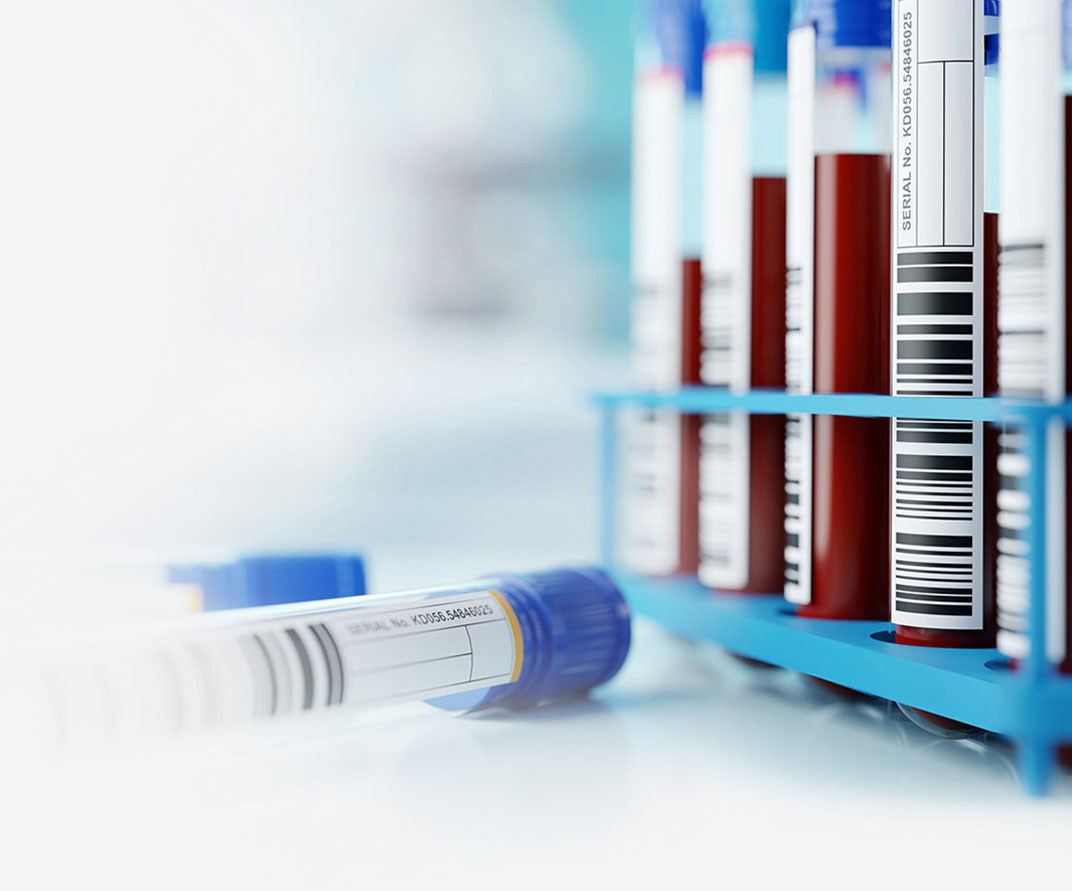
Hormones are essential to the overall health and functioning of both men and women. Hormones can have a significant effect on quality of life for both men and women, and imbalances can profoundly disrupt wellbeing and lead to medical problems affecting both quality of life (healthspan) and length of life (lifespan).
HORMONE TESTING
The Body’s Messengers
Hormones coordinate practically every body system, from energy and mood to metabolism and reproduction. More specifically, hormones are the body’s chemical messengers, released by various glands to direct complex processes that ultimately control our body’s health. Here are just a few of the roles hormones play throughout the body:
Maintain muscle mass and strength
Testosterone and estradiol help build and preserve muscle mass and bone strength. Low testosterone is linked to loss of muscle. Imbalance can lead to loss of strength and function.
Support bone health
Testosterone and estradiol support bone density and strength. Low levels raise the osteoporosis risk and imbalances can increase fracture risk.
Affect heart health
Healthy levels of testosterone are correlated with improved cholesterol profiles and blood pressure. Low levels of testosterone are associated with increased cardiovascular disease risk. Similarly, in women, estradiol provides a protective effect on the cardiovascular system before menopause. Hormone imbalances can increase the risk of heart disease, and declining estradiol levels raise the risk of developing heart disease in postmenopausal women.
Influence mood and cognition
Testosterone, estradiol, progesterone, cortisol, and thyroid hormones all impact neurotransmitters, which affect mood, energy, concentration, and memory. Imbalances are associated with a raised risk of anxiety and depression.
Support sexual health
Testosterone and estradiol are essential for libido and sexual function in both men and women. This becomes more essential as we age.
Regulate menstrual cycle and fertility in women
Balanced estradiol and progesterone levels are needed for regular, healthy menstrual cycles and ovulation. Imbalances can cause irregular periods in premenopausal women and vasomotor symptoms like night sweats and hot flashes in perimenopausal women.
Control fat distribution
Testosterone and other hormones promote lean body mass and decrease fat. A deficiency leads to increased body fat, and low testosterone results in more belly fat.
Regulate metabolism
Testosterone assists in building muscle and burning fat. Declining levels lead to slower metabolism. Imbalances can make weight management harder, and lower estradiol levels can also impact blood sugar control. Testosterone and estradiol are also important for controlling glucose metabolism and insulin resistance.
Boost energy
Adequate testosterone is linked to energy, motivation, and vitality in men. Low testosterone causes fatigue, and deficiencies in levels can lead to chronic tiredness.
Aid sleep
Testosterone helps regulate circadian rhythms and sleep cycles, and low levels can worsen sleep quality and have been linked to insomnia.
Affect inflammation
Testosterone and estradiol have anti-inflammatory properties. Low levels of both have been associated with higher inflammation.

HORMONE REPLACEMENT THERAPY
Female Sex Hormones
For women over the age of 50, menopause will become a reality. Not only is there a loss of estradiol and progesterone, but also testosterone, which is the predominate sex hormone in women between puberty and menopause. Emerging medical literature is in support of replacement of sex hormones for both vasomotor symptoms (hot flashes and night sweats) and improved quality of life for women as we age. These include brain health, with a reduced risk of dementia, a reduced risk of heart disease, maintenance of urogenital health (sexual health and reduced incidence of urinary infections), and maintenance of skeletal and muscular health resulting in reduced frailty. Understand and test your hormones, and discuss with your doctor if replacement therapy is a safe option for you.
KNOW THE SYMPTOMS
Male Sex Hormones
Testosterone is the predominant male hormone that provides both androgenic male characteristics (changes in voice and body hair) and anabolic characteristics for bone and muscle building. Men who have low testosterone will experience symptoms which are nonspecific and could be from other causes, which is why it’s so important to have your levels tested. These symptoms include:
- Low libido
- Significant fatigue
- Anxiety and depression
- Inability to recover from exercise
- Loss of muscle mass and gaining of fat mass

CHECK YOUR LEVEL TODAY
No Simple Answers for
Low Testosterone
40% of Canadian men
Over age 45 have low testosterone
Less than 5%
Are ever diagnosed and treated for it
There are multiple reasons why testosterone can become pathologically low in men, including disruptions in the pituitary gonadal access, testicular failure, recent illness or injury, chronic medical conditions, and certain classes of medications. For men, pathologically low testosterone can lead to several long-term medical disorders, including mental health issues, insulin resistance, increase in risk of cardiovascular disease, increased risk of dementia, loss of bone health and increased risk of pathological fractures and aggressive forms of prostate cancer.
Unfortunately, the diagnosis of hypogonadism and low testosterone in men is more complicated than just looking at laboratory values. Our current laboratory normal values include men from ages 20 to over 90. Knowing age-related normal would be much more useful, as we know these values change based on age, and over time it’s normal for testosterone levels to fall. There is also significant variance in the amount of testosterone that men need individually. Some men have low testosterone laboratory values yet no symptoms or signs of hypogonadism. Other men can have normal values yet show signs and symptoms of hypogonadism. It’s important that men test their testosterone levels on a regular basis, especially when they are healthy, so that they can understand their own levels and observe if there are changes over time. Estradiol is also an important hormone for males, as it’s been proven to play a role in sexual health and libido, bone health and mental health.
FIND OUT TODAY
Take Control of Your Health
Get your hormone levels checked regularly with Age Healthier. If there’s an imbalance in your hormones you can correlate to symptoms and your laboratory findings, you can discuss this further with your physician or healthcare provider.


